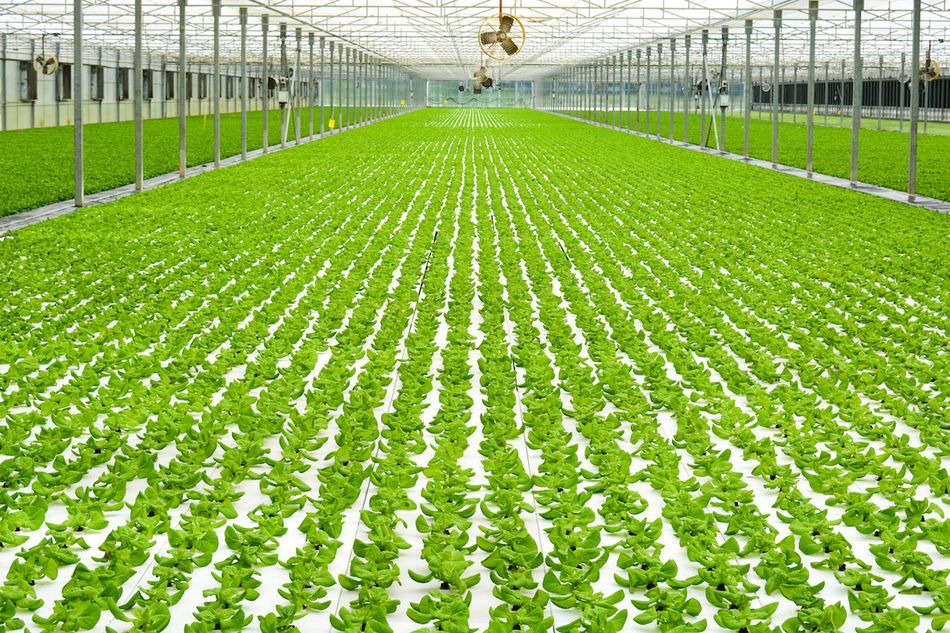As farmers struggle to keep up with demand for fresh produce in Vietnam, safe and effective farming technologies may be the answer.
Since becoming a lower middle-income nation, demand for higher-quality goods has grown among Vietnamese consumers, reports Forbes. According to the news outlet, Vietnam was home to just 47 supermarkets in 2005; today, there are 975 nationwide.
With such a dramatic increase in volume, however, farmers are struggling to keep up, and a host of food scandals involving everything from coffee to rice and cooked meals have left shoppers suspicious of local produce. According to Dr. Dao The Anh, director of Hanoi’s Center for Agricultural Research and Development, these consumer concerns are forcing a change in local food production and supply chains.
“In the past there was a very short value chain, but now it’s longer and consumers are requiring more and more labeling on vegetables. In the wet market, you can buy produce for a cheaper price but now with the rising income level in cities, consumers shop more at the supermarket. As a result, you need proper labeling on products — but up until now, there’s still a lack of information in regards to the origin of the products so sometimes consumers don’t trust it,” he told Forbes.
While local farmers may be slow to adjust, larger corporations are beginning to recognize the shift in consumer demand: Vingroup’s VinEco recently put US$44 million into the hygienic production of fresh vegetables for its Vinmart outlets.
Vinamilk imported 220 certified organic milk cows over the summer and now offers organic products to consumers. Even Saigon’s municipal government has launched a five-year plan to elevate the quality of local food production.
But even with these initiatives under way, farmers are in a bind, as the supply of products like organic fertilizer is limited. Though local food producers are able to make their own, this process takes up to three months, slowing their overall output. This is where Dr. Anh’s efforts come in.
"We are working with Japanese and Korean companies to import microbiological technology which will reduce the time from [two to three] months to just one day. This is really important because farmers in Vietnam have small spaces, so if they produce at low productivity, their income is really low and they won’t be able to stay in the agriculture sector,” he told the news outlet.
Moving forward, Dr. Anh hopes to encourage more farmers to implement these changes in food production. As he points out, the benefits go both ways: by increasing the quality of food production and packaging, consumers gain safer products and peace of mind, while farmers are able to sell their produce at a higher price.
Dr. Anh is optimistic the trend will catch on: “If a farmer sees that his neighbor is incorporating traceability and good packaging into his products, then he’ll also decide to do the same thing and it becomes like a social movement.”
[Photo via Tanimura & Antle]














